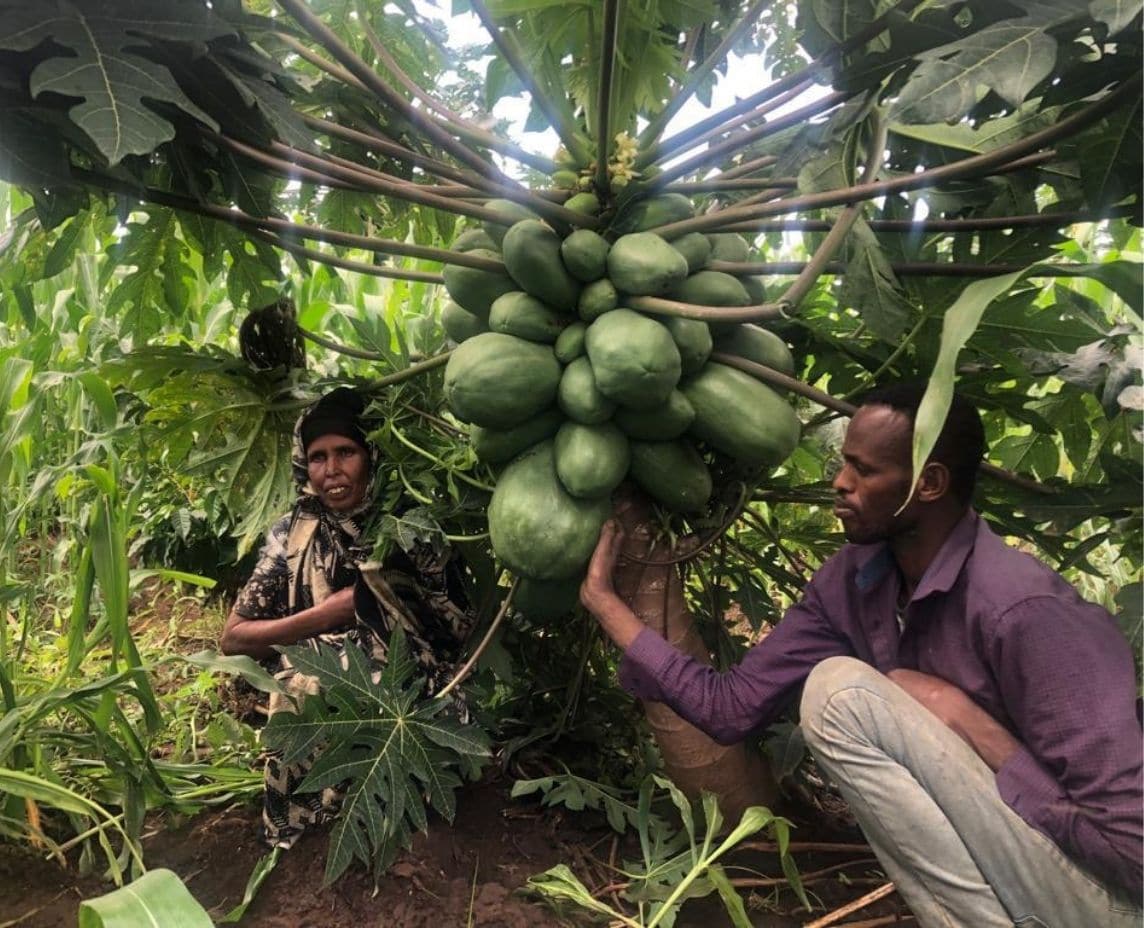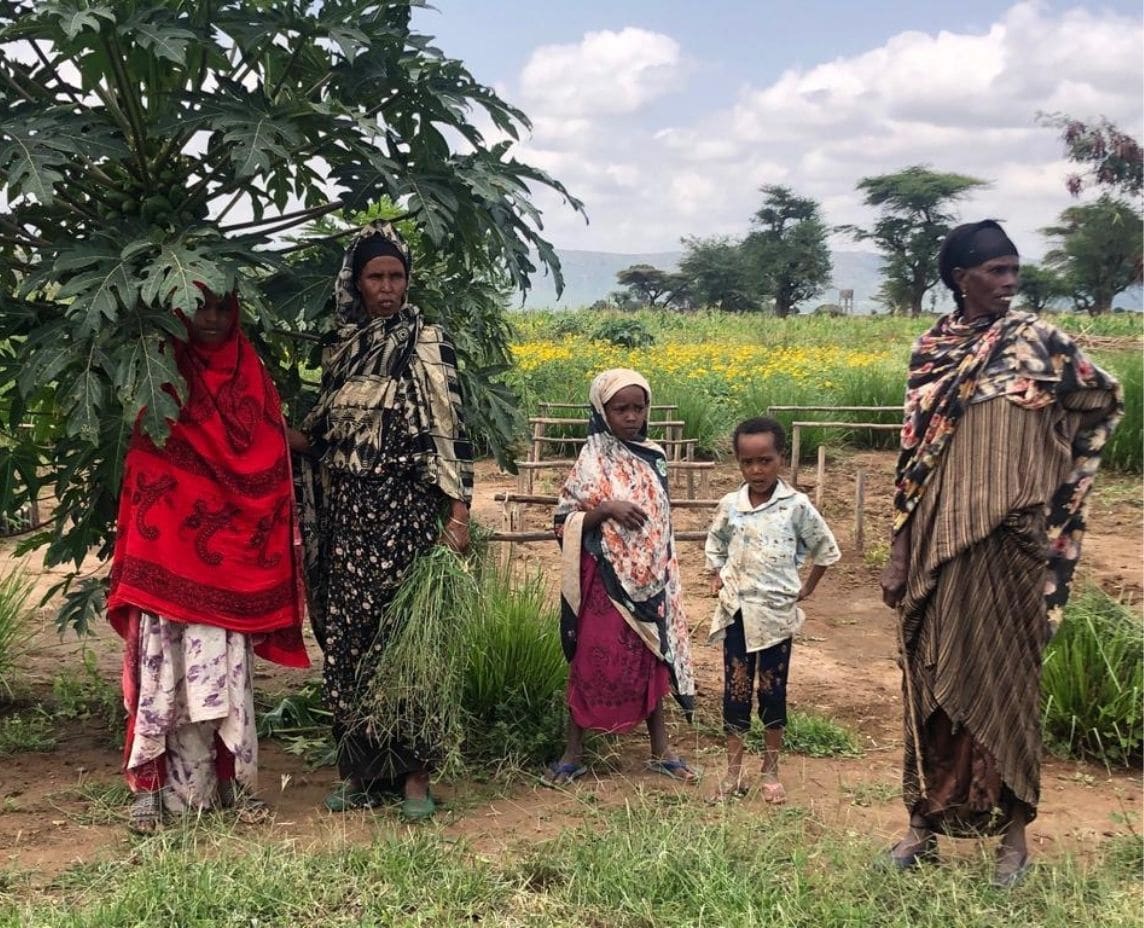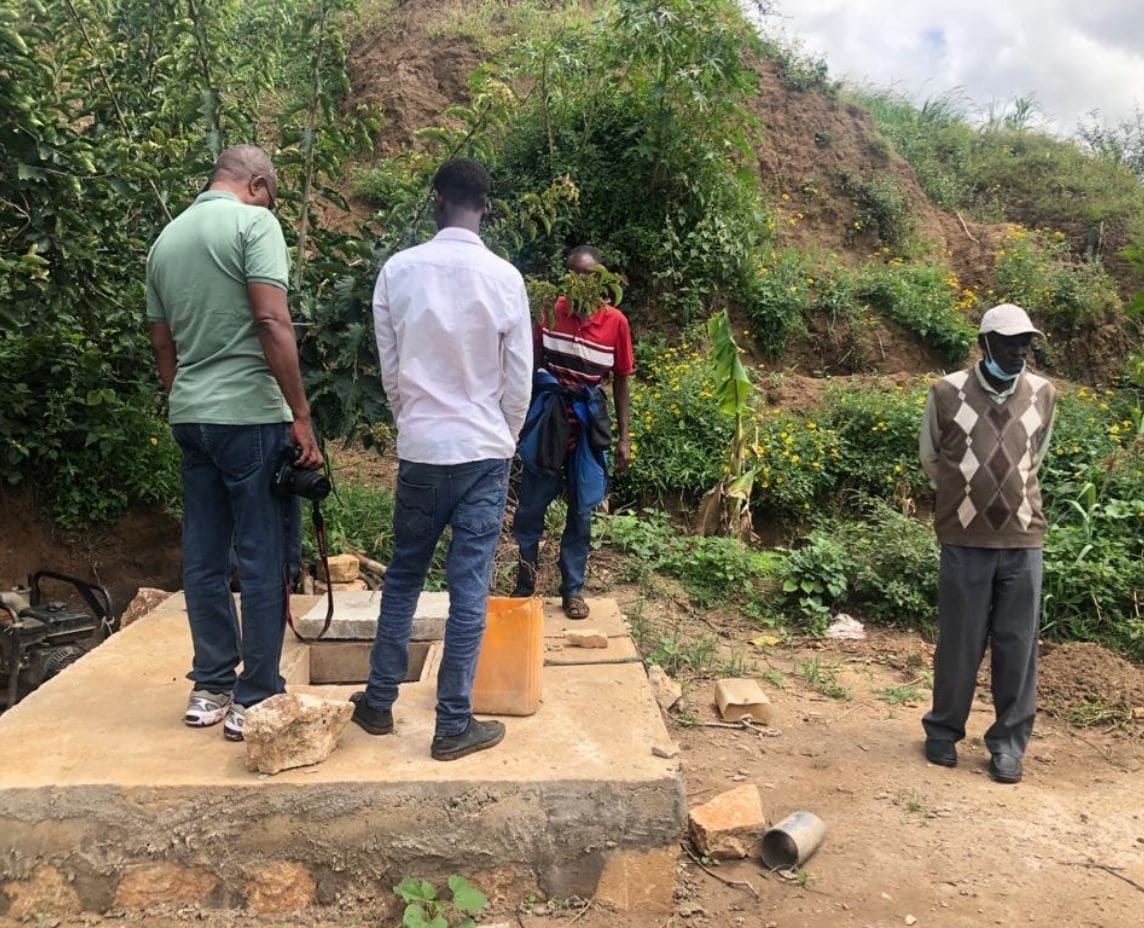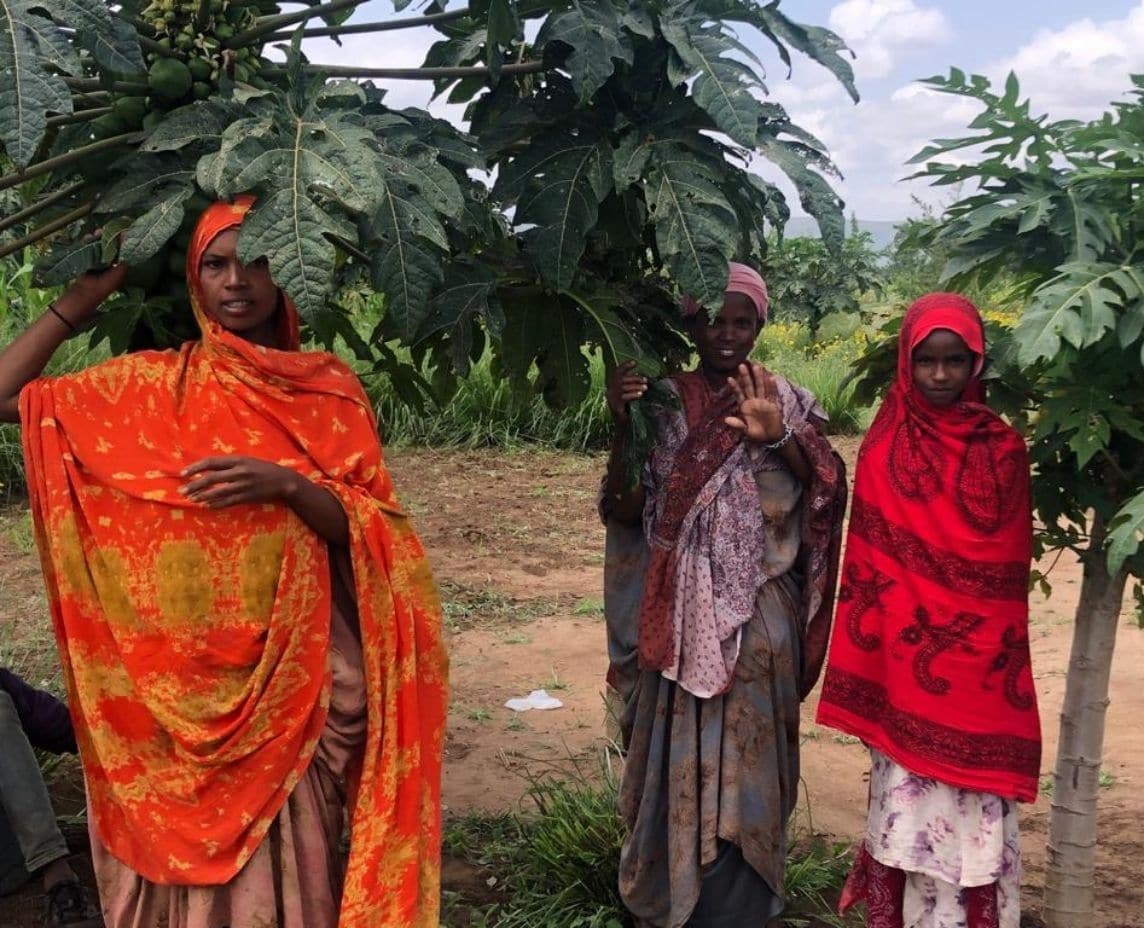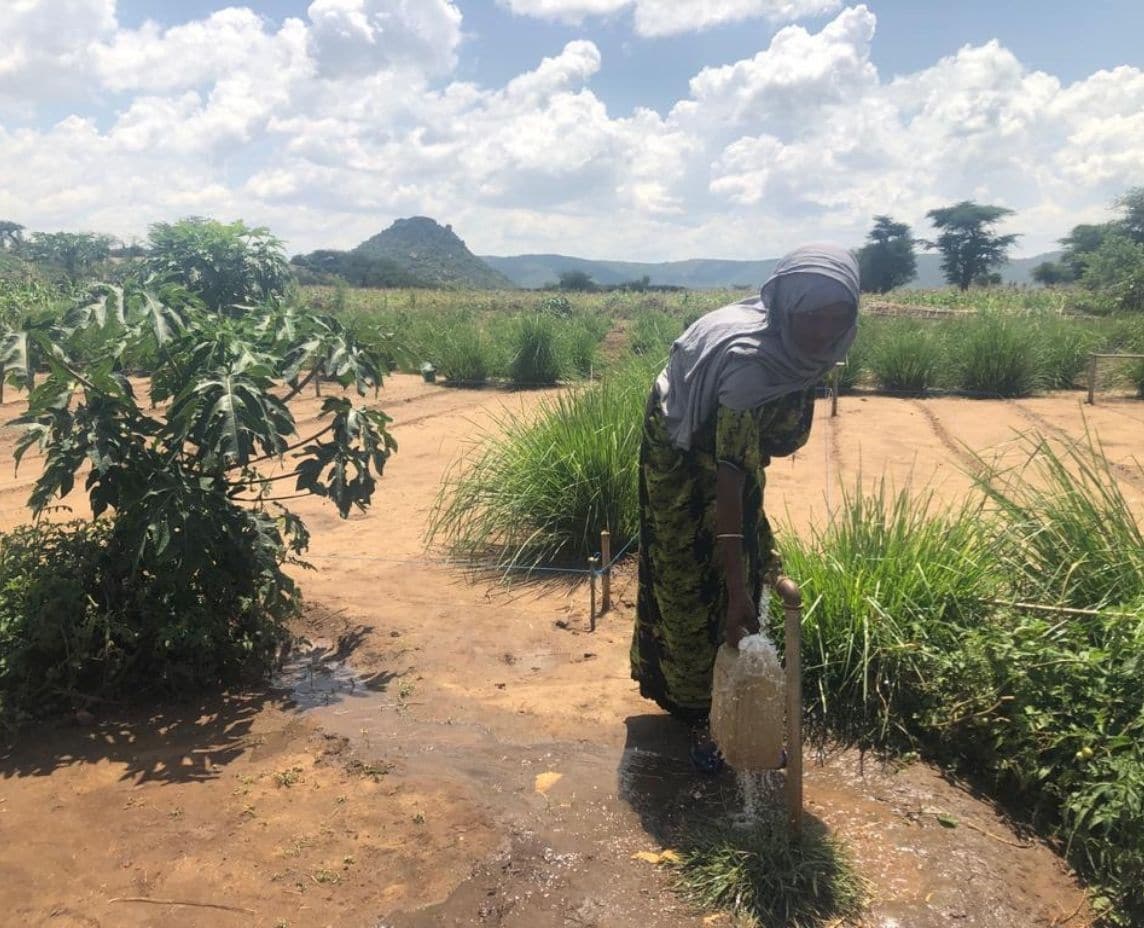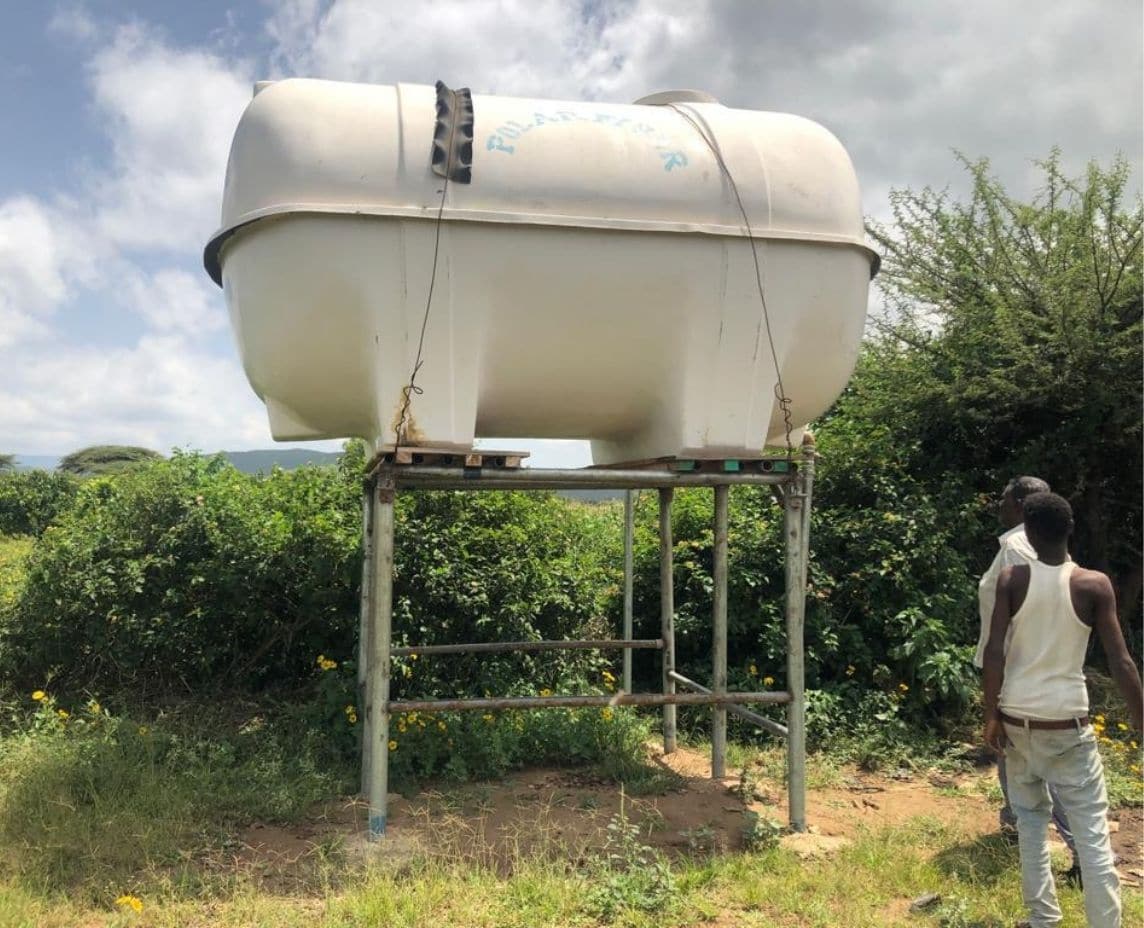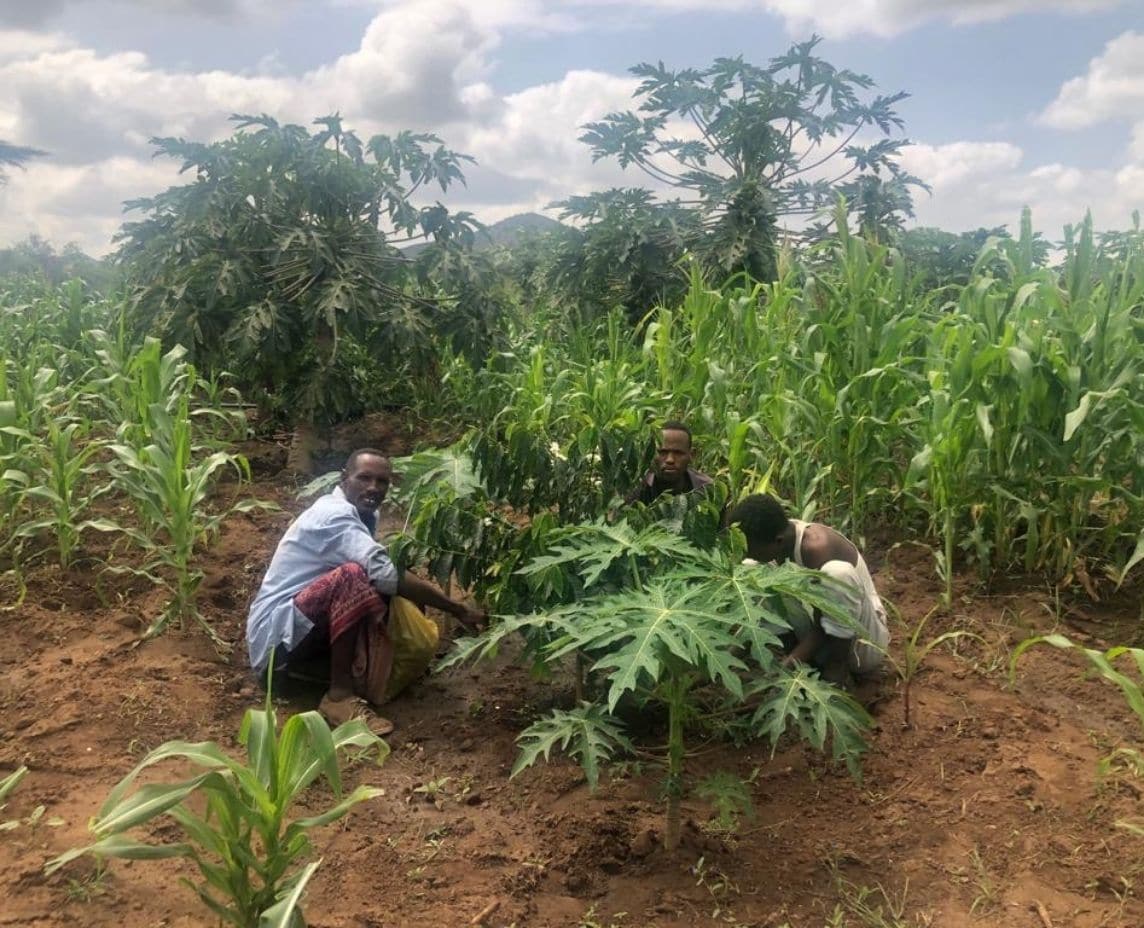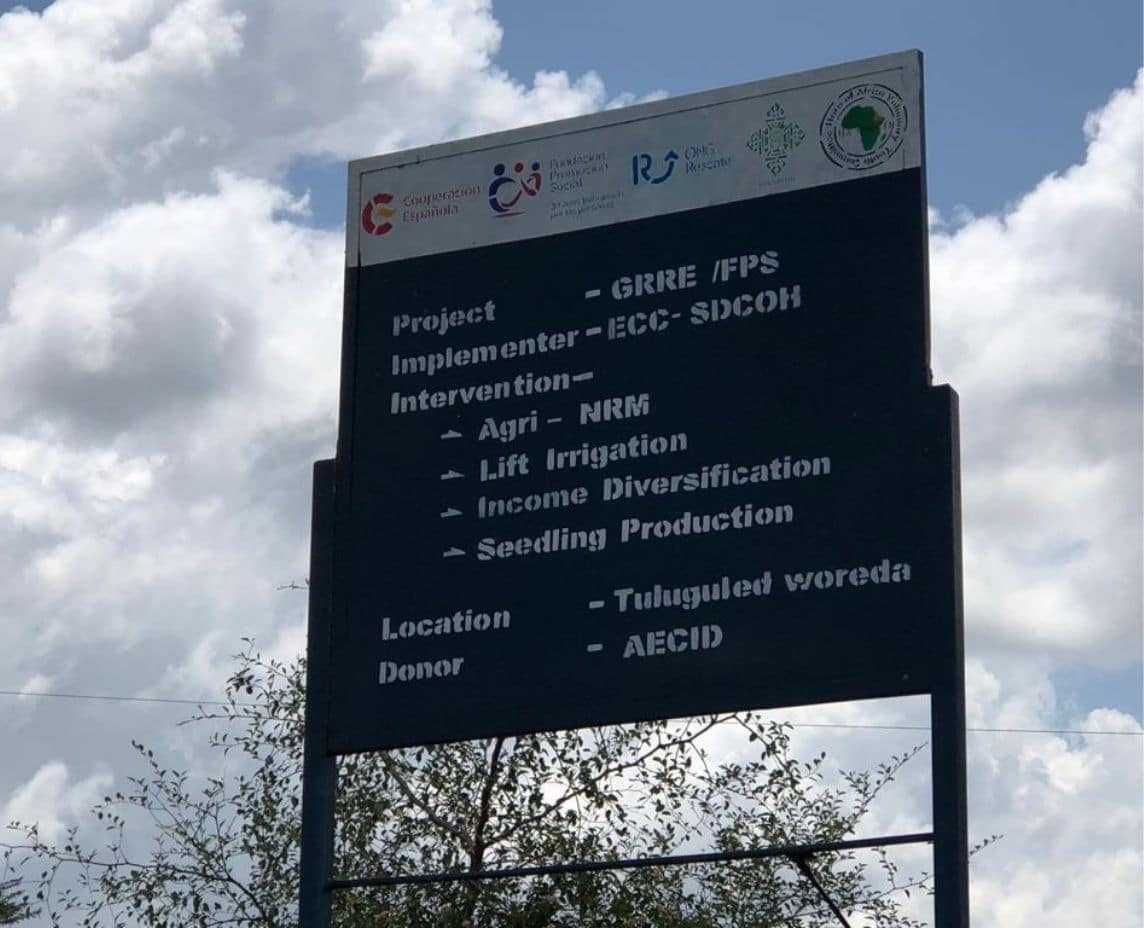October 16 is World Food Day, which the Food and Agriculture Organization of the United Nations (FAO) promotes in 2021 under the slogan “Better production, better nutrition, a better environment and a better life”.
In the rural development agreement that the Social Promotion Foundation together with the NGO Rescate and the local partners, Ethiopian Catholic Church Social and Development Commission (ECC-SDCO) – Harar and Horn of Africa Voluntary Youth Committee (HAVOYOCO), with te support of the Spanish Agency for International Development Cooperation (AECID), one of the main objectives is to increase agricultural and livestock production and productivity to improve the life of agropastoral communities. For this, and based on local needs, a set of activities are developed that optimize agri-food systems, translating into better production and diversification of crops and sustainable agriculture and livestock that are resilient to climate change.
Achieving these goals, given that farm and livestock income are the only means of subsistence for these agropastoral communities, results in a better life for them.
In this video we hear from Mohammed and Sofyia, parents of one of the families participating in our project, the impact these initiatives have had on their lives. Better production and diet, a more sustainable and greener agroecosystem and higher incomes have had a positive impact on their lives, and, as Sofyia says, it has allowed them to send their children to school and buy school supplies.
How has this been achieved? Thanks to the construction of a well by the community, allowing access to water fon human consumption and irrigation, and the various training and technical assistance in sustainable agriculture and agroforestry. This has made possible the introduction of different crops, fruit trees and multifunctional trees – produced in the nursery – and tools that have improved the nutrition and income of the family. Before, they only produced sorghum or rainfed corn. Now they grow tomatoes, onions, peppers, squash and spinach, as well as various fruits such as papaya, guava, orange or mango. In addition, the irrigation system allows the generation of varied food throughout the year.
After two years from the beginning of the activities and the establishment of the plantation, this family has more than 2 hectares of irrigated land where they practice a diversified and intercropped production. This improves soil conditions, microclimate, resilience and also the production throughout the year of different crops and forages, making them less vulnerable to the extreme effects of climate change.





